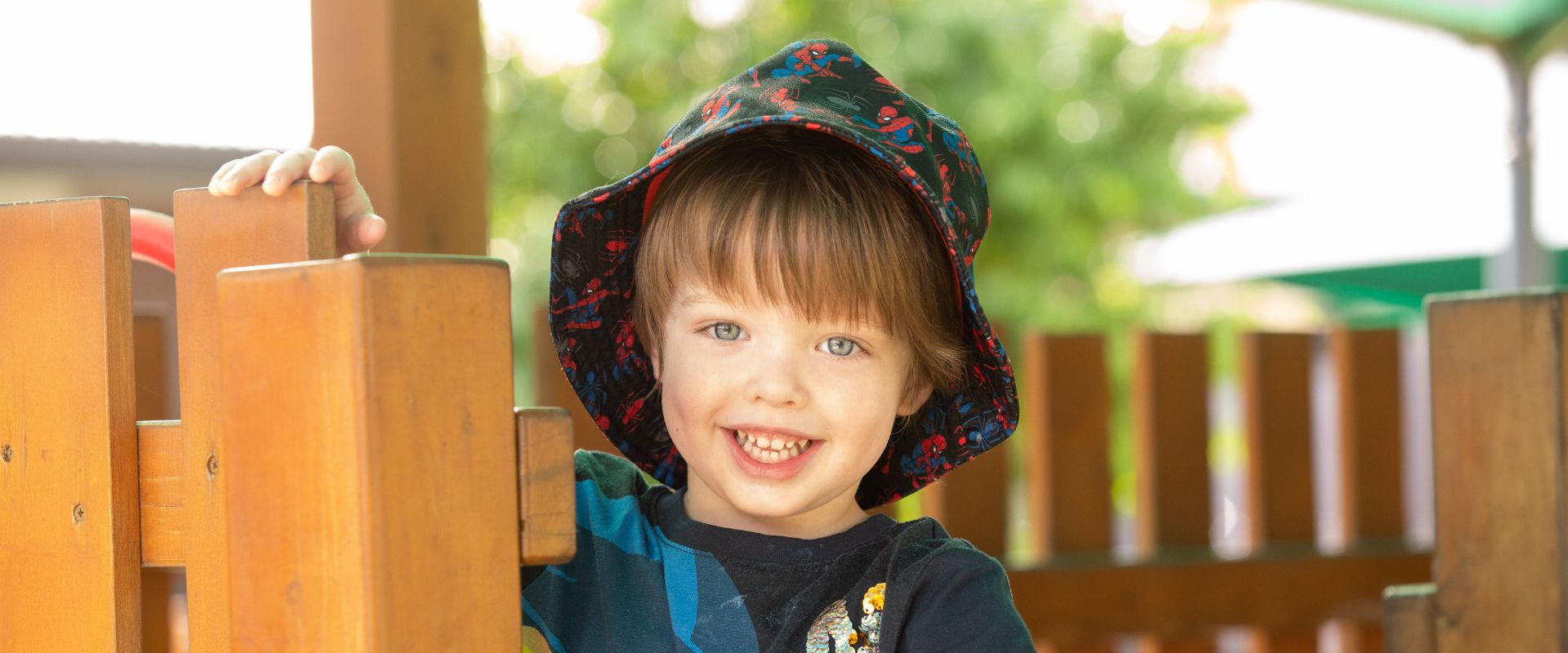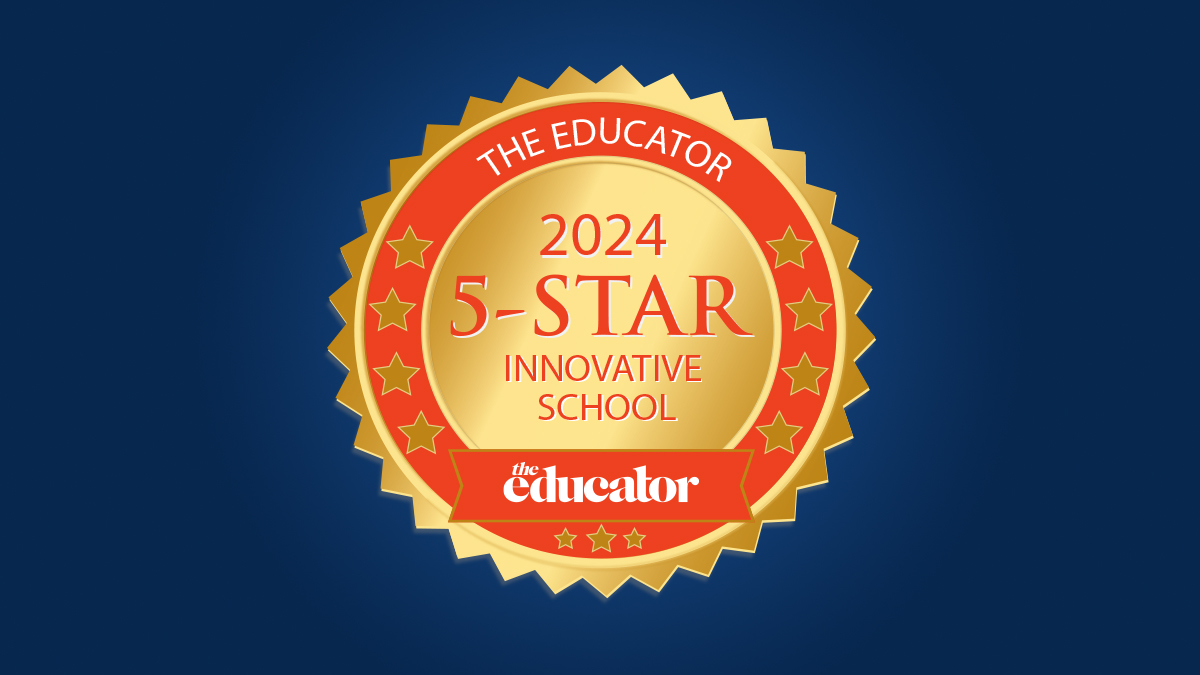We are dedicated to achieving excellence in both learning and teaching, with a strong foundation of wellbeing. This ensures that our students thrive in an optimal school environment, where progress, achievement, and personal growth are nurtured.

Excellence In Learning
Our educators cultivate curiosity by encouraging students to ask questions and explore beyond the textbook, igniting a passion for lifelong learning. Creativity is nurtured through innovative teaching methods and diverse learning experiences, allowing students to express themselves and think outside the box. Engagement is achieved by creating dynamic classroom environments where students are actively involved in their learning journey. Resilience is built through supportive guidance and challenging tasks, helping students to persevere and adapt in the face of adversity. Together, these characteristics ensure that Sheldon College students are well-prepared to make a meaningful impact in their future endeavours.
Excellence in Teaching
Our commitment to Excellence in Teaching is a vital component of successful learning outcomes. Our exceptional teachers, who demonstrate unwavering dedication and passion, are pivotal to the success of our students and the College. We highly value their expertise and invest significantly in their professional learning and development.
Wellbeing Foundation
A foundation in Wellbeing lies at the core of our approach. We recognise that the wellbeing of our students, teachers, leaders, and the wider community is paramount for optimal learning and growth. By prioritising wellbeing, we create a supportive and nurturing environment that promotes overall success and fulfilment, ultimately empowering our students to reach their academic potential.

The Educator’s 5-Star Innovative School Award – 2024
In 2024, Sheldon College was named one of The Educator’s 5-Star Innovative Schools, joining a select group of Australian schools recognised for pioneering educational practice. This accolade celebrates our commitment to reimagining teaching and learning through technology, research-informed pedagogy, and student-centred design. From our Future Thinking and Entrepreneurship programs to immersive digital learning experiences, innovation at Sheldon College is purposeful, impactful, and grounded in our belief that the future of education belongs to those bold enough to shape it.


